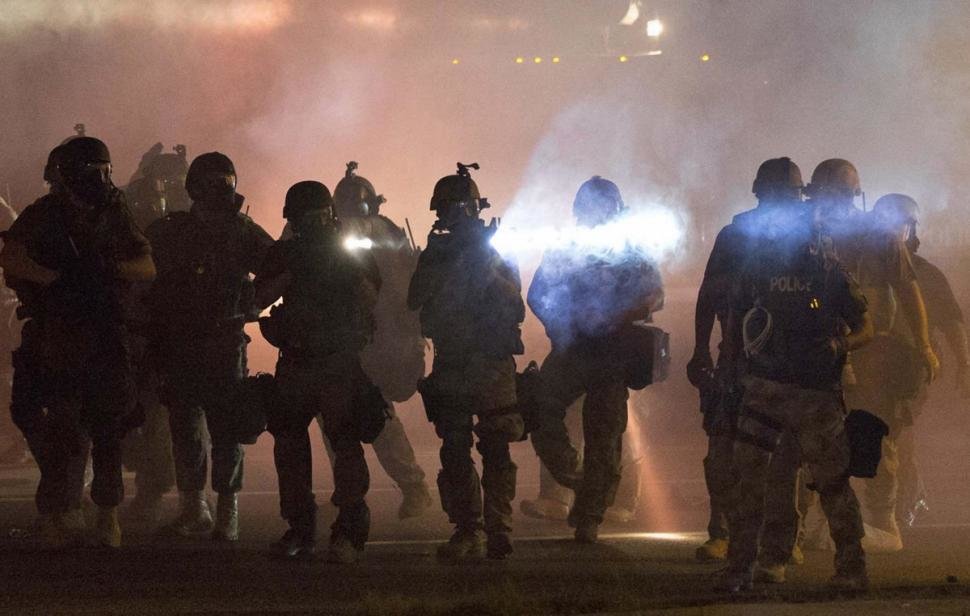
The recent fatal shooting of an 18-year-old man (Michael Brown) by a police officer near St. Louis, Missouri, offers a good example of the issue of individual rights vs. civil rights.
The facts are in dispute. What we do know (according to cnn.com and other sources) is that a police officer became involved in a struggle with a young man who may have robbed a convenience store. What’s unclear is whether the young man was armed. What’s also unclear is whether the young man (now dead) struggled with the police officer and attempted to take his gun, possibly resulting in the shooting that caused his death. The police officer did reportedly have a “swollen face,” suggesting the young man did injure him, but whether in self-defense or aggressive attack, we don’t know. Eyewitnesses report conflicting things, and it will be hard to sort all the facts out.
Notice that in my description of the facts, I made no reference to the race of either the police officer or the young man who was shot. It really shouldn’t matter, should it? It really doesn’t matter, does it?
Not so, according to the mindset — and even the laws — governing us today.
According to this mindset, what matters is that the police officer was white and the young man — who may or may not have been the victim of police injustice — was black. Once this fact was established, this is all that was required for protestors to take to the streets, not only in St. Louis but as far away as Times Square in New York City.
In fairness, the Missouri police department arguably inflamed tensions by delaying release of the shooting officer’s identity. Of course, they undoubtedly knew there would be accusations of racism as soon as it became clear the police officer was white.
Naturally, the U.S. federal Justice Department will immediately be on the case and will undoubtedly treat it as a civil rights issue, rather than an individual rights matter. It’s an important distinction. Once something is treated as a civil rights matter, the accused has to prove that he was not guilty of racism. However, how can you prove the presence or lack of an intention in that way? And if a crime is a crime, why does intention even matter? If any police officer — of any race — unjustly shot and killed an unarmed man, then the law should be concerned with holding the police officer responsible. This would — or should — be equally true even if the police officer is black and the victim white.
Likewise, finding out the facts should be of paramount importance. It’s really, really important to get this right — not primarily for reasons of race relations, but primarily and most importantly for the principle of justice.
Unfortunately, when you have a white police officer and a dead black man, all bets are off. The matter is no longer a complex and important case to solve. It’s now a civil rights issue, fueling cries of racism and (ultimately) calls for more government funding to ensure that more people of the victim’s race receive more funding and benefits for this or that program. This isn’t about justice at all; it’s power politics.
Advocates of civil rights used to describe their aim for a “color-blind” society. Based on the response to this incident, like so many others, they appear to have completely given up on that goal.
Be sure to “friend” Dr. Hurd on Facebook. Search under “Michael Hurd” (Rehoboth Beach DE). Get up-to-the-minute postings, recommended articles and links, and engage in back-and-forth discussion with Dr. Hurd on topics of interest.
